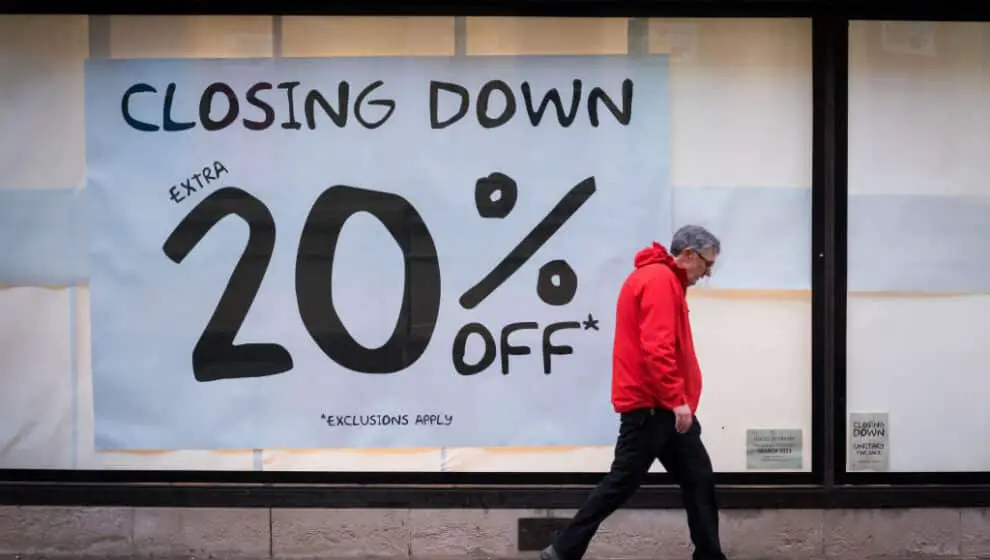As many Americans have feared the current economic outlook, many experts say the U.S. economy is currently facing a rolling recession.
Key Details
- Economic experts expect America to enter a “rolling recession” where sectors decline at different times rather than all at once.
- This thinking is due to different factors, including how the labor market is at a high, with unemployment levels at the lowest level since the 1960s, but the tech sector has been laying off thousands, and the housing market has plummeted.
- The unemployment rate fell to 3.4% in January, marking the lowest jobless level since May 1969, while also in January, the housing market declined by 5.4% compared to the same time last year, leading analysts to predict a rolling recession.
- Small businesses have been hiring rapidly, while large corporations are laying off employees heavily. Since February 2020, small businesses have hired 3.67 million more people than have been laid off or who quit, while large companies have cut a net 800,000 jobs during that time, according to data from the government’s Job Openings and Labor Turnover Survey.
- Due to the different levels of going into a recessionary period at different times, many experts think the U.S. is experiencing a “rolling recession,” which many believe to be better than a full-blown recession.
Why it’s important
The current state of the U.S. economy has been confusing to many as recessionary outlooks, have changed almost daily. The changes fluctuating through the market have led many experts to think that the economy is in a rolling recession.
A rolling recession is where different sectors face a downturn at different times, which explains what has been happening lately in the economy. Inflation has been high, but so have retail levels. Unemployment is at the lowest level in years, but the tech sector is laying off thousands.
Different sectors will face a recessionary period as the recession rolls through the economy rather than everything facing a downturn all at once. The rolls have already hit the housing market, manufacturing, and the tech sector, with more downturns expected.
Although it is still referred to as a recession, many consider it not as bad as a full-blown recession. The ripples given by a rolling recession hit at different times rather than all at once, allowing consumers a little time to prepare before the next downturn.
“The growth surge coming out of COVID lockdowns benefited the goods side of the economy, with an additive of rocket fuel courtesy of massive fiscal stimulus. That era—punctured by global supply constraints—became the breeding ground for the inflation problem with which we’re all still dealing. Since then, the goods side of both the economy and inflation statistics have decelerated sharply, giving way to the pent-up demand surge for services, which has boosted that side of inflation data,” says economists from the financial services company Charles Schwab & Co.

